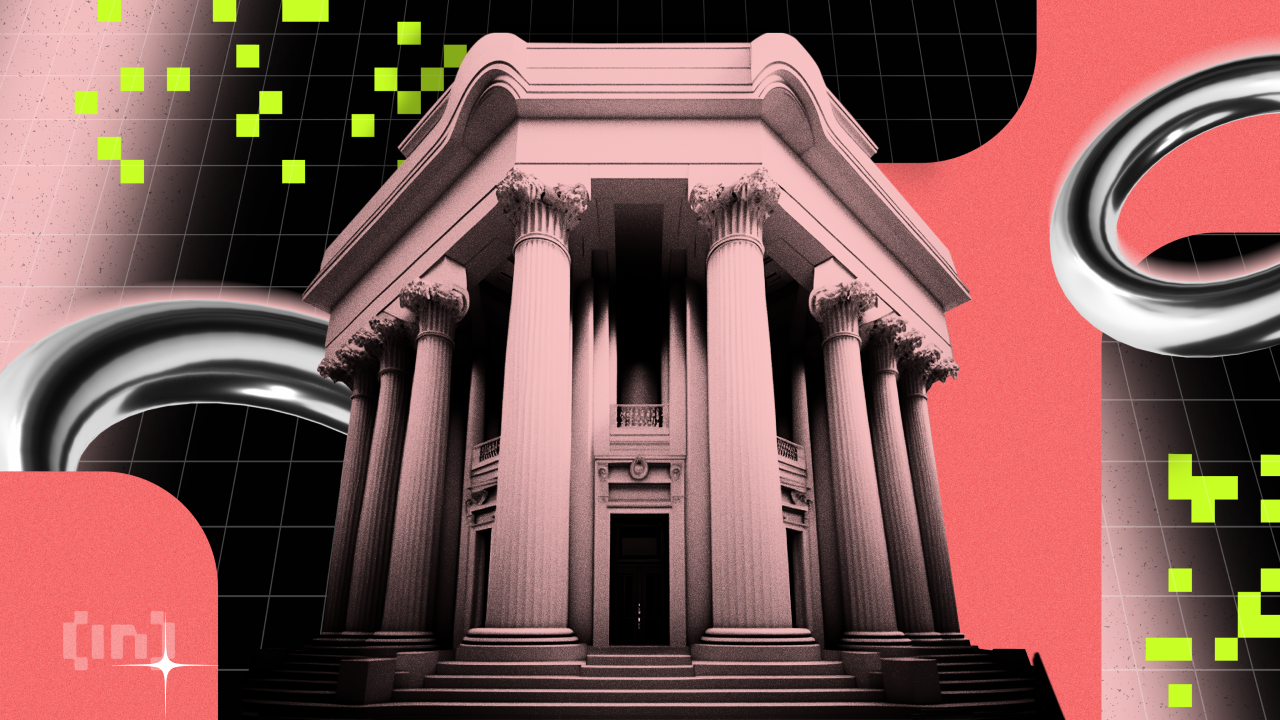A lawsuit has been filed against Meta Platforms Inc., the parent company of Facebook, accusing it of utilizing the work of well-known authors to train its latest artificial intelligence tool, Llama.
Authors Richard Kadrey, Sarah Silverman, and Christopher Golden allege that the model was trained by “copying massive amounts of text from various sources and feeding these copies into the model.”
Lawsuit Alleges Meta Llama Financially Benefitted from Authors’ Work
In a recent court filing, the three prominent authors provided several reasons for alleging that Meta’s AI tool, LLaMa, copied their books. LLaMa is a large language model that takes in a series of words and predicts the next word to create text step by step.
“Plaintiffs allege “on information and belief” that Meta has “benefited financially” from this noncommercial release of LLaMA.”
The filing argues that copyright law doesn’t cover facts or the way information is structured and presented in books like those of the Plaintiffs during training.
Read more: ChatGPT vs. Google Bard: A Comparison of AI Chatbots
It also points out that the content they refer to constitutes a very small fraction of the entire training dataset. “Even accepting Plaintiffs’ allegations, their books comprised less than a millionth of the training data,” it stated.
It highlights that using texts to train LLaMA for language modeling and creating original content resembles Google’s use of books for its search tool. Authors Guild v. Google, Inc. ruled that the practice constituted fair use.
Meta asserts that those interested in comprehending LLaMa’s training process can achieve this by examining its publicly available research paper.
It also states that LLaMA will be accessible to academic researchers, and individuals linked with government, civil society, academia, and industry research labs globally. However, primarily for studying, researching, and developing purposes.
The post Meta Rejects Claims of LLaMa Using Authors’ Copyrighted Work appeared first on BeInCrypto.
